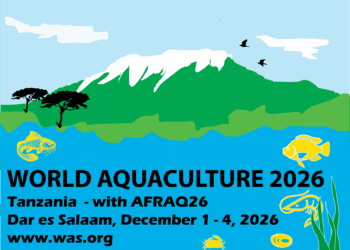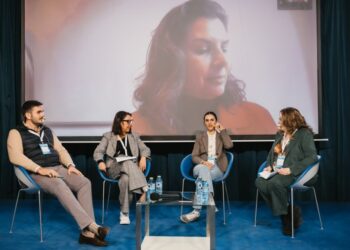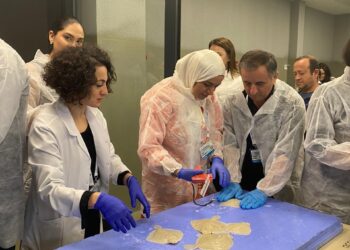The challenge of certification in the seafood sector between sustainability and affordability – Imagine a fish producer, who works every day to bring quality products to the market, respecting the environment and contributing to the local economy. Now imagine that, in order to enter the most profitable commercial circuits or gain visibility with the most conscious consumers, this producer is forced to face disproportionate costs to obtain a certification such as Global GAP or ASC. Sustainability, instead of being a shared goal, risks becoming a luxury accessible only to the big players. This is where one of the crucial challenges for the fishing industry lies: ensuring fair access to voluntary certifications, transforming them from an obstacle into an opportunity.
Certifications: a lever for sustainability
Voluntary certifications are not only a calling card for international markets, but represent a commitment to quality and transparency. Marks such as ASC indicate that the fish product comes from supply chains that respect strict criteria of environmental and social sustainability. For consumers, who are increasingly attentive to production practices, these labels are a sign of trust and responsibility.
Small producers: a commitment that matters
Behind the benefits of certification lies a complex reality. Many small operators, while adopting environmentally friendly methods, cannot afford the economic and bureaucratic costs involved in obtaining certification. This excludes them from the most profitable markets and puts them in competition with large producers with far greater resources. The challenge is clear: how to make access to certification more equitable, without compromising the quality and rigour of standards?
Towards a more inclusive future
Some programmes are trying to fill this gap, offering technical support and assistance to small producers to bring them closer to the required standards. Indeed, ASC has developed initiatives such as group certification and the Improver Programme. Their aim is to turn certification into a real opportunity, accessible to even the smallest companies, facilitating integration into the global market. The benefits of an inclusive approach are obvious: increased competitiveness for small producers, diversification of the sector and a stronger sustainability message for consumers.
Sustainability as a driver for innovation
Making certification accessible is not just a matter of fairness, but a strategy to enhance the diversity of the fisheries sector and promote practices that protect the environment and local communities. Investing in tools that support small-scale producers means protecting a heritage of traditions and building a market that rewards sustainability as a shared value.
Getting certified should not be an obstacle, but an opportunity to grow and stand out. Facilitating this path is fundamental to building a future in which sustainability is truly within everyone’s reach, from the small producer to the global consumer.
The challenge of certification in the fisheries sector between sustainability and accessibility








